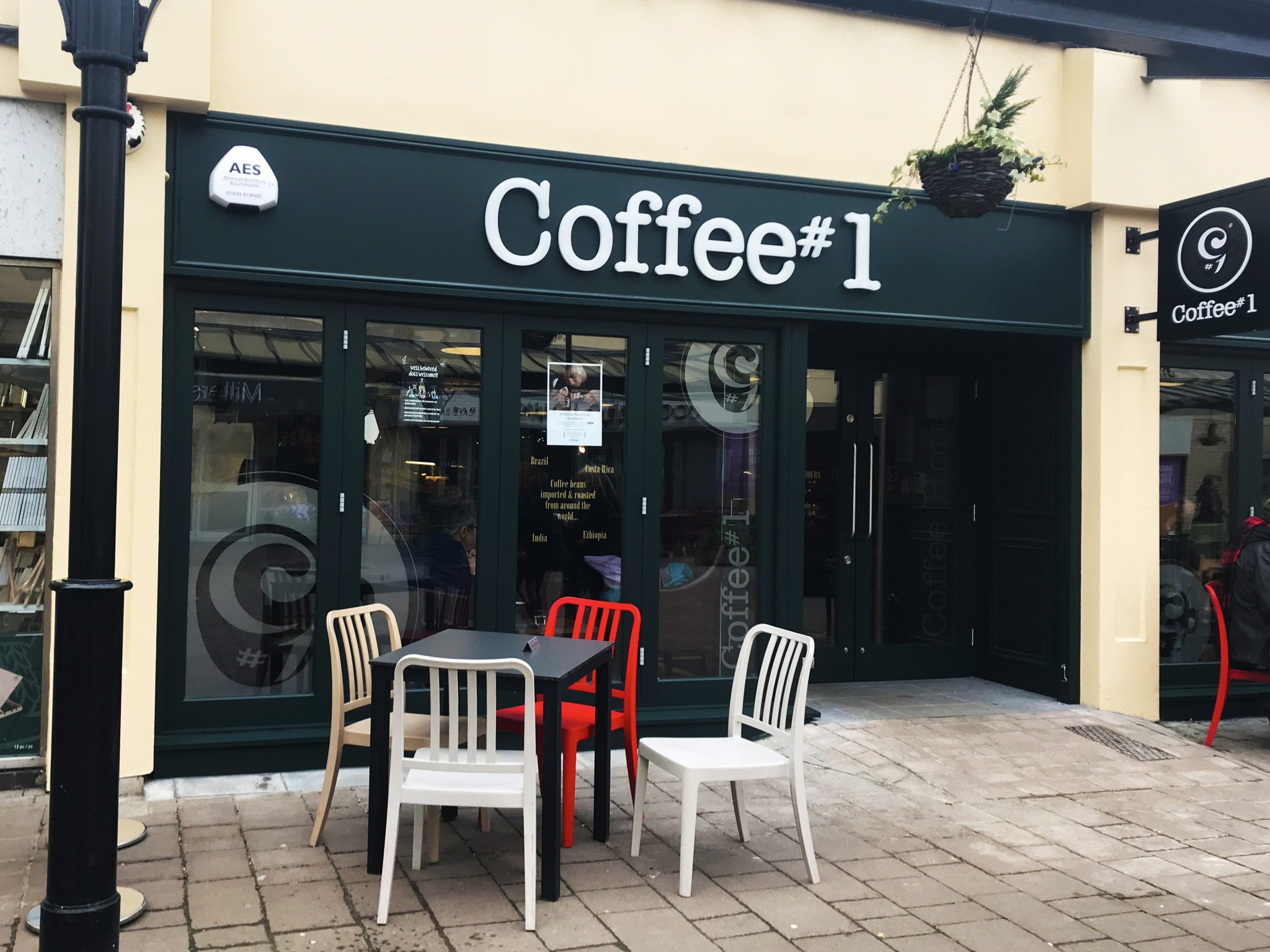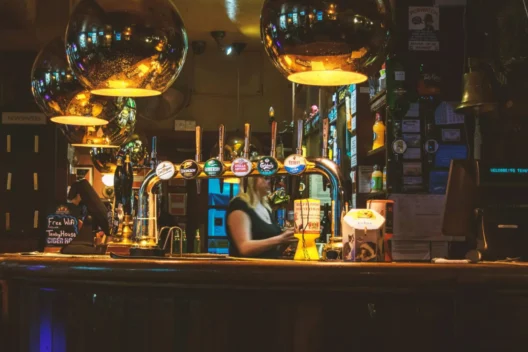Register to get 2 free articles
Reveal the article below by registering for our email newsletter.
Want unlimited access? View Plans
Already have an account? Sign in
UKHospitality has said it believes making pavement licences permanent will “help the Covid-ravaged hospitality sector make a faster post-pandemic recovery”.
It comes as outdoor drinking and dining areas have become popular over the past two years, which UKH said has “in some cases ensured the survival of those hospitality businesses unable to serve customers indoors due to coronavirus restrictions”.
Responding to a recent Department for Levelling Up, Housing and Communities (DLUHC) call for views on pavement licences, UKHospitality said the temporary scheme – introduced last April and due to end this September – should become permanent, and would be “low-cost, low-admin”.
The company said that pavement licences have been a really “positive success story”, and in many cases have enabled businesses to remain open, when otherwise they would have had to close or restrict their opening hours, “threatening thousands of jobs”.
UKHospitality chief executive, said: “As well as businesses, outdoor spaces have also brought benefits to those town and city centres previously without al fresco drinking and dining opportunities, enabling them to begin the process of levelling up, and start to enjoy the sort of outdoor experiences available elsewhere.
“Not only that, but by helping local economies recover – and recover faster – this will undoubtedly contribute to the long-term levelling up of the regions. The fact that the scheme has been embraced enthusiastically by a number of local authorities is hugely encouraging in itself.”
She added: “Pavement licences also revealed our sector’s ingenuity and creativity, with some truly striking outdoor spaces being created across the UK – from pods to yurts – and significant levels of investment in features such as lighting and heating.
“It’s crucial, therefore, that we press for the pavement licence scheme to made permanent, so that pubs, bars and restaurants struggling to recover from the pandemic can get back on their feet much quicker. This has the potential to be a hugely beneficial, low-cost, low admin scheme, and a welcome boost for an industry facing rising costs across the board, including VAT, business rates, rents, staffing and raw goods.”


















